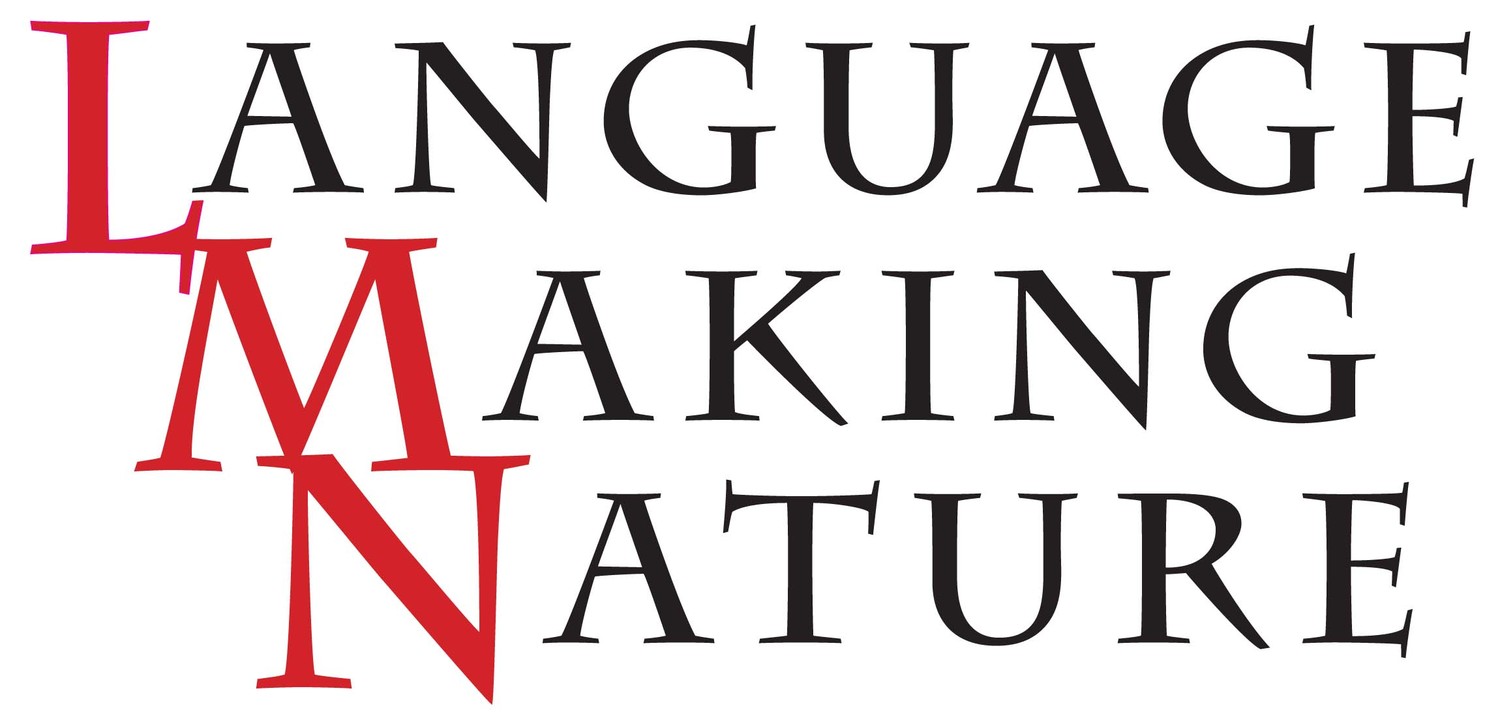Translating Natural History
/This week I am preparing materials for a new workshop that I'm excited to begin offering. The workshop is called "Translating Natural History for the Humanities" and my idea is to help people working in non-science fields use natural history observations and insights in whatever field they work in.
This is a new idea for me but over the winter I've found myself increasingly looking at patterns in nature and realizing that these patterns can inspire new ways of thinking. For instance, if we're watching an egret spear a fish out of the water we might use this as a model for "piercing the surface veil of reality and pulling subterranean ideas into the open." This idea of stabbing into the unconscious and pulling forth jewels could be a model for a dance piece, for a narrative thread in a play or story, or for an analysis of philosophical insights.
Obviously the pattern of an egret hunting for fish has nothing to do with dance, with a theater production, or with the history of philosophical ideas, but patterns lead us to metaphor-making, and metaphor-making is an extremely rich source of knowledge about ourselves and the world around us.
Likewise, if I look at photosynthesis I'm not just thinking about leaves and sunshine, I'm looking for deeper models. For example, if photosynthesis is the chemical equation of 6 carbon dioxide molecules combining with 6 water molecules to form one giant glucose molecule and 6 molecules of oxygen, then I might use this pattern 6+6=1+6 (equal+equal=large+equal) to inspire a pattern for a dance or poetic meter. And at the same time the very process of photosynthesis could be alternately viewed as a model of conversion, of pumping, of feeding, of flowing; or maybe we can view photosynthesis as an economy or as an organism.
I'm responding to my sense that people shy away from natural history because it seems like a rather stodgy pursuit focused on field guides, identifications, museums, and musty collections. Instead, I want artists, musicians, playwrights, writers, anthropologists, philosophers, and others to feel free to translate their observations of nature into unique insights. And the training is that we're not just observing physical "things" in the world but also processes, insights, and conceptual jumps that can make our imagination soar!
And the fun part is that new ways of looking at and translating patterns into concepts will need to be named...

